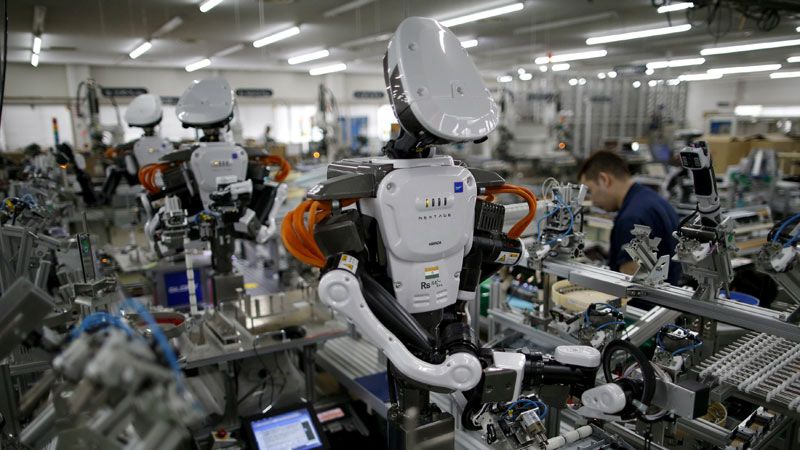
A million and a half students, even very young ones, took to the streets Friday March 15th, in two thousand cities around the world, for the climate, responding to a Greta Thunberg’s call. Greta is a 16-year-old student in Stockholm: “I will not stop. Not until greenhouse gas emissions have fallen below the alarm level.” Considering the great support she had, it would seem that students were not waiting for anything else, with great outcry of the ecologists of various tendencies, who have for years repeated the same call, without being able to arouse mass movements of this magnitude.
There is no doubt that we are on the verge of great changes. The automotive industry — by far a leading industry in the world economy — is about to collapse, because it has not been able to innovate in time, and now it does not in fact have ready solutions, to satisfy a market that no longer intends to exchange mobility with health. Such imminent collapse will not do any good to economy. It will also offer vampire rulers new opportunities to increase the taxation, already exorbitant in many countries. And no one seems to realise that if producers die as a social category, consumers will soon die too, as they are the same people. There is no doubt, moreover, that the ruling politicians, more and more void of any basic culture, will find many ways to manage what Serge Latouche (in his essay on the so-called “happy de-growth”) called “inevitable social problems following de-growth”.
Read more

















